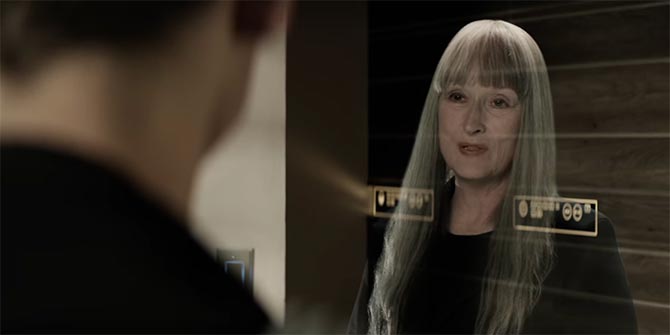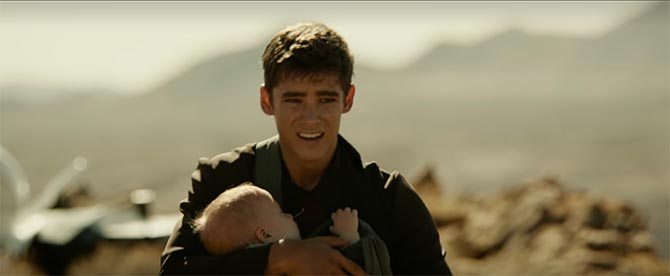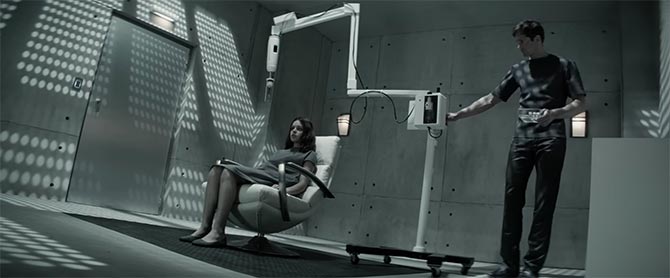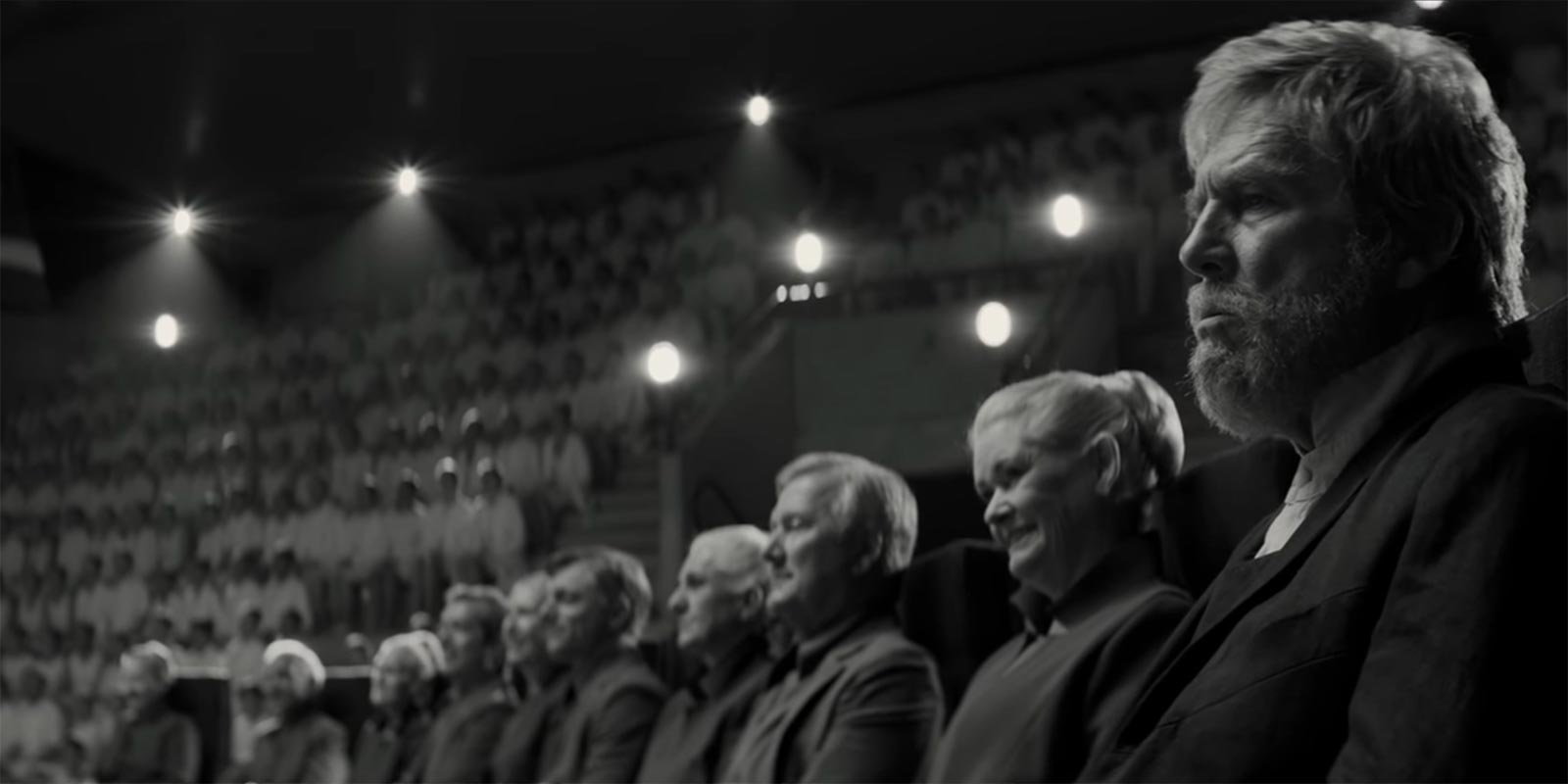I didn't see this movie when it first came out in 2014. Young adult dystopia was all the rage back then, and I was definitely over it. When The Giver recently re-appeared on Netflix—which is how I usually end up watching these things—I figured I'd give it a go.
Directed by Phillip Noyce with a big name cast including Meryl Streep, Katie Holmes and Taylor Swift, The Giver is a far-future dystopia based on a novel by Lois Lowry. It follows Jonas, a young man nervous about an upcoming ceremony where he will be gifted with his "life's purpose".
In this far future society where Jonas lives, all aspects of his time are heavily monitored. Memories of the past have been wiped out, and "sameness" is celebrated in order to avoid conflict.
To Jonas' surprise, he's chosen as the the next "Receiver of Memory"—a person who is allowed to retain memories of the past in order to protect his society from future strife.
As Jonas begins to receive these memories, he starts to question everything he knows. This comes to a head when he learns that his new baby brother is in danger.
There was a lot of potential for something cool here. Unfortunately, the execution was lackluster.
The Good

To be fair, the performance of Brenton Thwaites as Jonas and Odeya Rush as Fiona was engaging. Meryl Streep was perfect as the Chief Elder and arch-villain, but Meryl is perfect in everything she does so I feel like this is a bit of a cop-out.
The film did try to delve into how generational memory connects us as a community, and the community in which Jonas lives—a sterile, colorless plateau sitting above the clouds—was a nice touch.

Additionally, I loved Jonas' relationship with his baby brother Gabe. It was nice to see how he becomes a father figure when their own father figure proves incapable due to brainwashing.
Even today, it's rare for young men to be portrayed positively in media as the primary caregiver for a child. The Giver also points out that child-rearing should not be gender-coded, and that both men and women make equally good nurses.
I absolutely adored this, and I wish we saw that dynamic more. This excellent inclusion, however, is not enough to save The Giver from fumbling its own plot.
The Bad

By the time we get two-thirds of the way through the movie, I found myself questioning what the point of it was.
This is not because the film didn't have a plot, just that it felt like most of its main threads got lost in the minutiae of memory instead of really driving home the point to the audience. This was further exacerbated by the slow pacing and cryptic ending.
Spoilers: Jonas ends up fleeing his community with his baby brother Gabe, and they arrive at a log cabin. The Giver points out that this cabin represents "home", but this doesn't answer a lot of questions as to why it's there.
What happened during "The Ruin" to make people forsake all memories? How did they build this community on a floating plateau? What does this great, shimmering dome that covers the entire landscape do, and how does it suppress the events of the past?
The cabin by itself doesn't solve this, and while I think the movie tried to touch on a lot of deeper concepts it didn't actually give us enough information to chew on. Perhaps this was due to time limits.
The Verdict
When all is said and done, I don't feel negative or positive about this film. I feel neutral and very unattached, which is a terrible place to be when the crux of a film relies so heavily on the concept of emotional connection.
If you feel nothing for a piece of media, the memory of it fades. This is antithetical to a movie that deals explicitly with the importance of collective emotion.
If you're looking for another book about future dystopias featuring heavily controlled societies, I recommend the novel The Chrysalids, written by John Wyndham in 1977.
